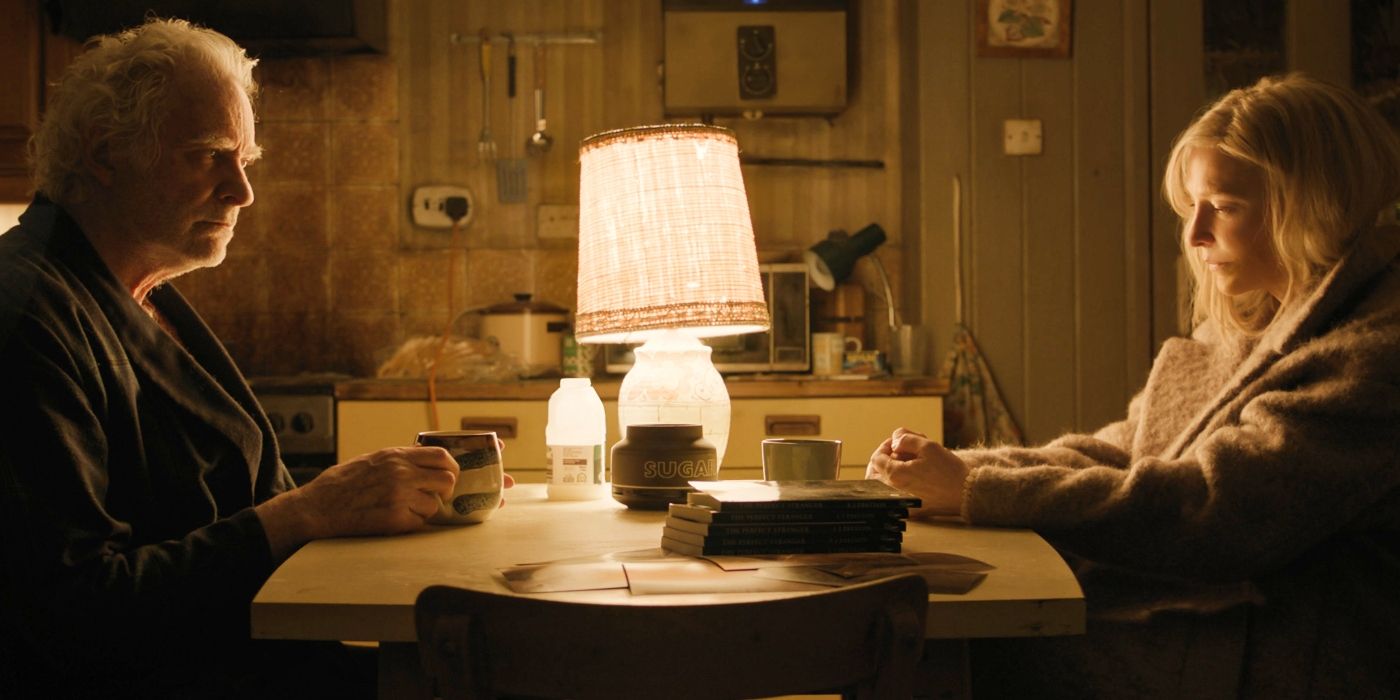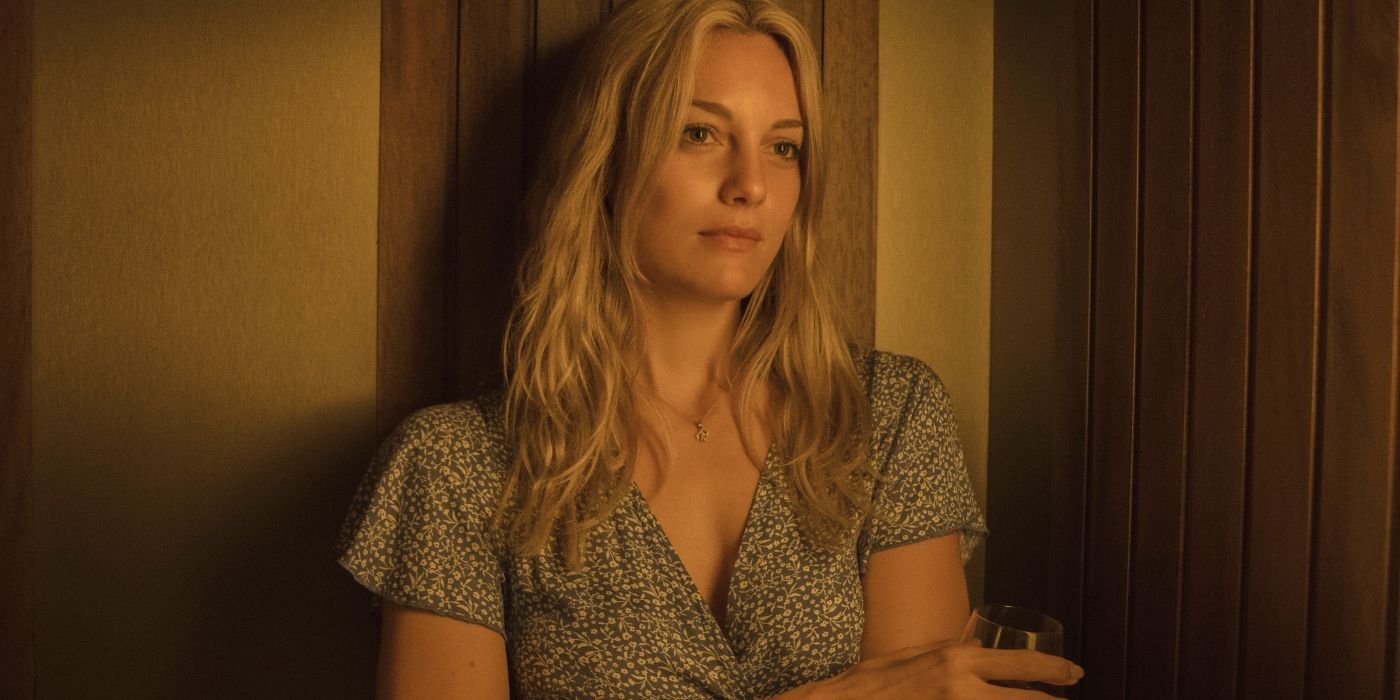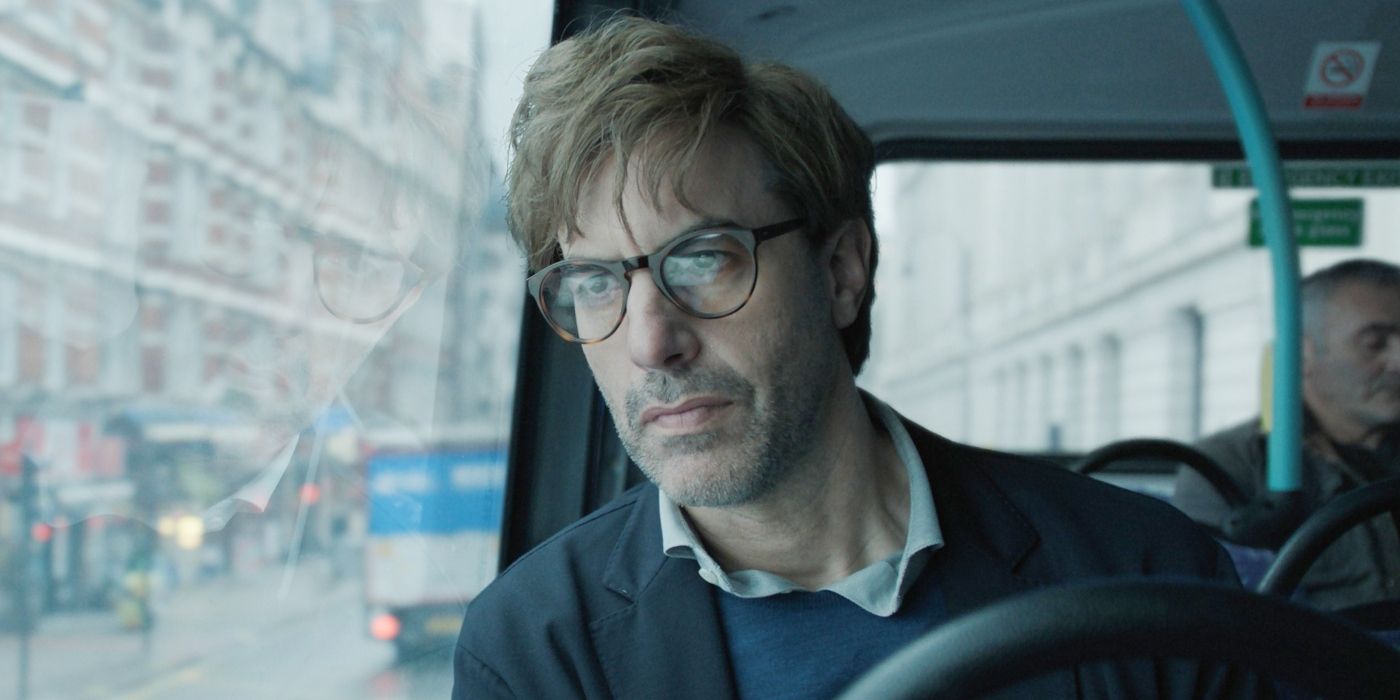With the influx of original content and the bar constantly being raised in terms of quality in the age of streaming, it’s become increasingly difficult to stand out from the sea of television shows that flood our devices. Disclaimer, Apple TV+’s hypnotizing psychological thriller series, however, is truly in a league of its own. Based on
Renée Knight’s novel and created for television by Alfonso Cuarón — who also wrote and directed every episode — this riveting story follows Cate Blanchett’s Catherine, a respected documentarian who is horrified to find out that a book she’s been sent contains — in explicit detail — the events of an ill-fated trip to Italy she’s spent her life trying to forget. Stephen Brigstocke (Kevin Kline), the man who sent the mysterious book, is hellbent on seeking justice for the wrongdoing that he ardently believes was callously caused by Catherine — and ruining her life in the process.
Each installment of the seven chapters beautifully builds on this chilling premise, and its cast, which also includes Sacha Baron Cohen, Kodi Smit-McPhee, Leila George, Louis Patridge, and Lesley Manville, assembles flawlessly to bring Cuarón’s vision to life. The five-time Oscar-winning filmmaker handles this challenging story with immense care, and drops a finale on the audience filled with shocking reveals and harsh truths that are sure to stay with you long, long after the credits roll.
During this 1-on-1 with Collider, Alfonso Cuarón breaks down the confrontation in the finale between Kevin Kline’s Stephen and Cate Blanchett’s Catherine, how Leila George, who plays a younger Catherine, crafted this version of the character with Blanchett, and how is collaboration with composer Finneas O’Connell allowed him to grow creatively.
Alfonso Cuarón Unpacks Stephen and Catherine’s Brutal Conversation in ‘Disclaimer’s Finale

COLLIDER: The finale opens with our first real face-to-face with Stephen and Catherine, and it’s chilling. I’m curious if you could walk me through what it was like orchestrating that scene from a writer’s perspective and then from a director’s perspective.
ALFONSO CUARÓN: Yes, when I wrote it, I had split the moments that were happening in the kitchen and the moments we would go in the past. And then, Cate [Blanchett] suggested that it was much better if we shot the whole thing as a continuous scene, because otherwise, emotionally, it was going to be very difficult, you’re just going to be jumping from thing to thing. And that was the best suggestion ever, because as opposed to the script dictating the moments, it became the moment dictating the editing choices. And I think that was fundamental.
It was very challenging because it was like, “How many pages is that?” It’s long, more than 20 pages, maybe 30 pages, something like that. And it was a long scene, this confrontation between the two of them, that we had to block and to map out the different emotional movements and then to play it over and over and over, because it’s a scene that we have several different angles. So it was really exhausting for everyone. It took a while to block it and to define the different beats and then shoot it. So it was intense.
But I have to say, at the end of it, when we finally finished it, it was like such a liberation because we were shooting continuity, we were leading to that. And all the tension that we were having, I’m talking internal tension, that you are tense about hoping that you are achieving the goal. And when that was achieved, I just remember Cate suddenly releasing and being so, so silly and funny… the pressure was completely off.
It’s difficult to accept when somebody you love does something so horrible. What do you think was going through Stephen’s mind when he held Nicholas’s hand in the hospital?
CUARÓN: It was a combination of several things. One was obviously the memory of his own son. All of the horrible things that the son may have done, it was his son. And as we’ve seen in Stephen’s flashback, when he goes to Italy to identify the body of his son, he held his hand as well. That’s one thing. But the other thing is that it’s only for the first time he humanizes and sees Nicholas for who he is, as opposed to just this object that is an instrument for his revenge towards Catherine. Suddenly, this young man becomes alive and three-dimensional, alive and flesh.
Probably, his own son never asked for help because he was completely undermined by his wife, by Nancy, but ultimately also by his own son. He was completely emasculated by all of them, and suddenly there was this young man asking him for help. That’s something that completely shook him from all the drive that he had in which everything was just an instrument for what he was going to do.
One of the things that really stuck with me was the music. What was it like pitching the project to Finneas O’Connell?
CUARÓN: I met Finneas and Billie [Eilish] before they became huge. The first concert where I met Finneas – because my daughter took me to that concert – was in Italy. We were living there and it was in a small venue. And the venue was half full. I was absolutely impressed by his music. And we were chatting and I was asking him questions and I found that he was absolutely brilliant. Finneas and I would start exchanging playlists and talking about music. And a few months later, I went to another concert in the same venue and it was completely packed. And then a few months later, I went to their next concert and it was in a stadium. It was incredible how they exploded.
But we were in touch all the time. Sometimes I would go to L.A. and I would have dinner with Billie, Finneas, and their family. I have always admired him as a musician. So when I was doing this, I said, “Well, I want to undust myself, you know, I want to go and collaborate with someone who can completely dust me off from my old ways of seeing music.” And that was what I told him, and he was very happy that I was calling him to do this. And then we started collaborating really, really closely. He was doing this as he was touring with Billie around the world.
Wow, I love that you have dinner together.
CUARÓN: Well, it’s easy because we all are vegetarian, so it’s easy to find restaurants that are good for all of us.
Leila George Shadowed Cate Blanchett to Craft Her Version of Catherine

I thought young Catherine was brilliantly played by Leila George. Everyone is great, but she just blew me away. She basically is playing two characters in a way.
CUARÓN: I’m glad you noticed that, because she really [is], like, two completely different characters. Two completely different women.
Did she collaborate with Cate Blanchett at all, or did they just completely stay removed?
CUARÓN: She was just shadowing Cate very respectfully. She would go into a corner on the set when we were working, observing and observing what she was doing. And then all of the scenes that we did, all of the scenes that we did in those flashbacks. I’m talking about the flashbacks, not the book. We blocked them in the studio first with Cate, with Leila observing. We would produce that blocking in Italy when we shot those scenes.
Sacha Baron Cohen’s Robert Was a Complex Character To Bring to Life

One of my favorite scenes was when Robert was on the bus, and it was just narration. You learn so much about Robert when he’s not even talking. How did you develop that character with Sacha Baron Cohen?
CUARÓN: That was interesting because Sacha really helped to flesh that character out. I already had certain things in the script like that scene in the bus, because I wanted to show this kind of contradictory behavior and attitude in terms of his social class, that he’s all self-awareness of believing that he’s so kind of righteous and progressive and liberal, but at the same time playing all prejudices around him about the other people. But something that was very important, and that came out with Sacha, was to flesh out his insecurities, his jealousy, his immense jealousy, and his insecurities towards Catherine, and in many ways, his inferiority complex that he tries to cover through this manipulating. He is very manipulative all the time. He’s always pretending to be the supportive husband in a way – almost gaslighting – his wife.




